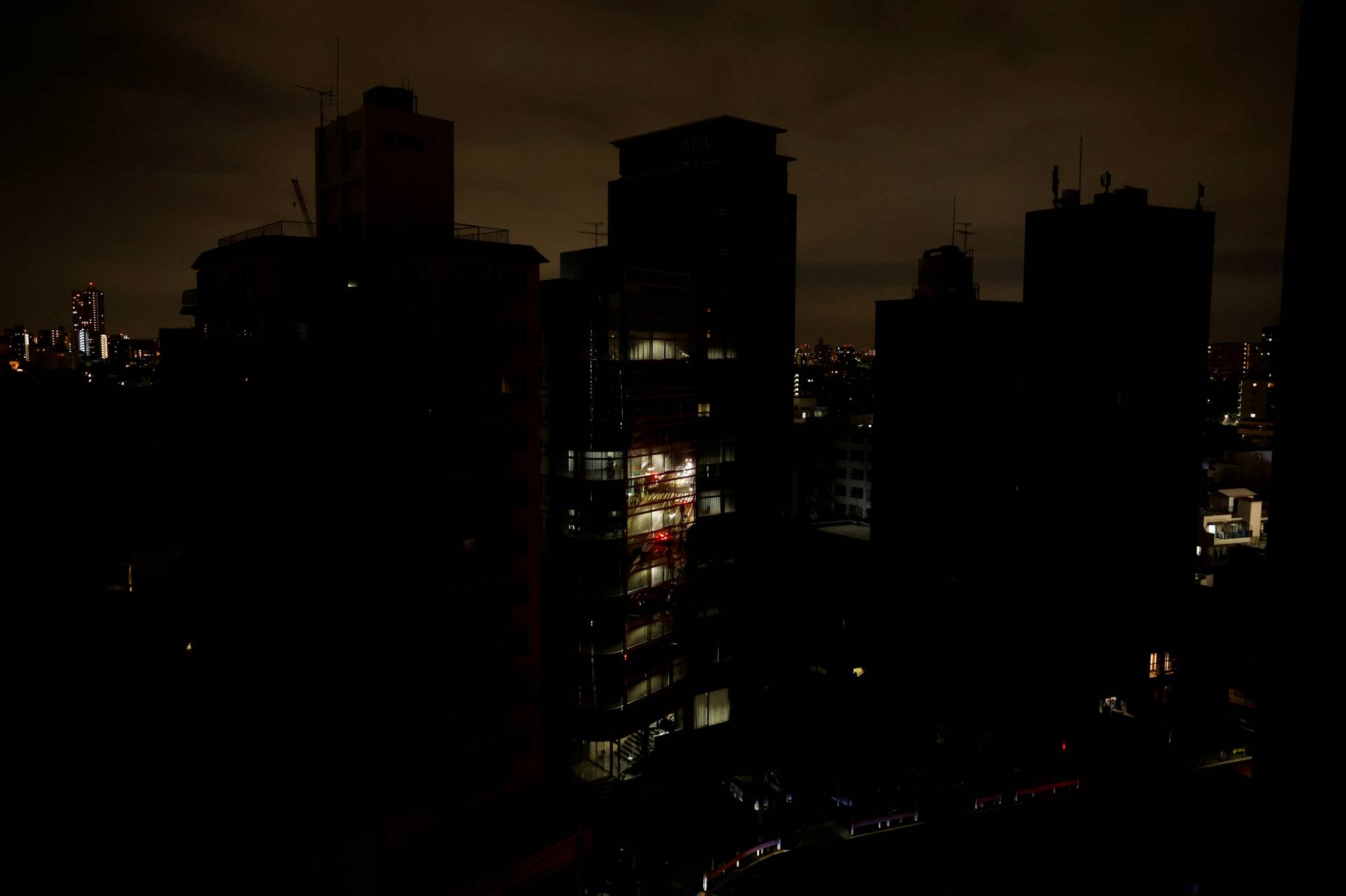In 2018, when the power company Hope Energy entered Japan’s new retail electricity market, it thought it had a surefire strategy. Wholesale energy was becoming ever cheaper as liquefied natural gas flooded global markets. Hope Energy would sell competitively priced electricity contracts to local governments and public facilities, undercutting Japan’s old-line power companies, which had long prioritized stable supplies over cost.
But then came the pandemic and the Ukraine war, which caused LNG prices to soar. Hope Energy could not honor its price pledges, and it, along with more than 30 other electricity retailers in Japan, went out of business. Customers scrambled for new providers.
Now, the world’s third-largest economy is again confronting the fragility of its energy system. That has forced a reconsideration of how the resource-poor country can maintain a reliable and affordable power supply in an era of growing geopolitical uncertainty, reflected most immediately in rising calls for a boycott on Russian energy.
















With your current subscription plan you can comment on stories. However, before writing your first comment, please create a display name in the Profile section of your subscriber account page.